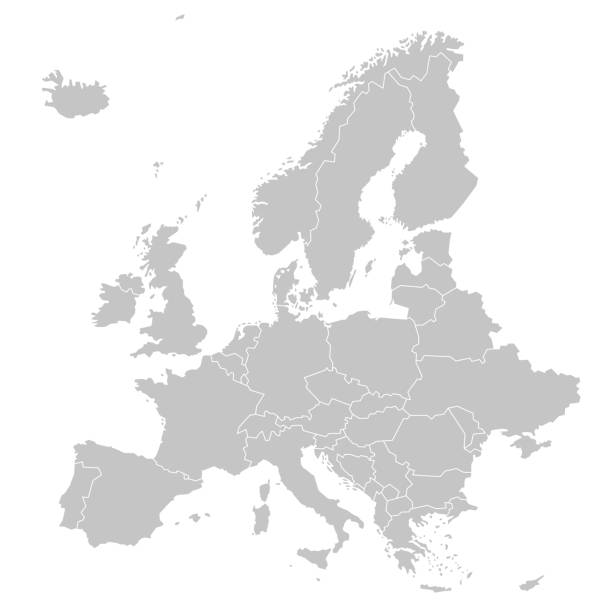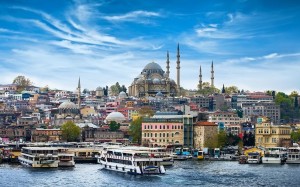- +90 212 529 77 08
- [javascript protected email address]

Europe & Balkans & Scandinavia
Europe is the world's second-smallest continent by surface area, covering about 10,180,000 square kilometres (3,930,000 sq mi) or 2% of the Earth's surface and about 6.8% of its land area. Of Europe's approximately 50 countries, Russia is the largest and most populous, spanning 39% of the continent and comprising 15% of its population, while Vatican City is the smallest both in terms of area and population. Europe is the third-most populous continent after Asia and Africa, with a population of 739–743 million or about 11% of the world's population. Europe has a climate heavily affected by warm Atlantic currents that temper winters and summers on much of the continent, even at latitudes along which the climate in Asia and North America is severe. Further from the Atlantic, seasonal differences are mildly greater than close to the coast. Europe, in particular ancient Greece, is the birthplace of Western civilization. The fall of the Western Roman Empire, during the migration period, marked the end of ancient history and the beginning of an era known as the "Middle Ages". The Renaissance humanism, exploration, art, and science led the "old continent", and eventually the rest of the world, to the modern era. From this period onwards, Europe played a predominant role in global affairs. Between the 16th and 20th centuries, European nations controlled at various times the Americas, most of Africa, Oceania, and the majority of Asia.

